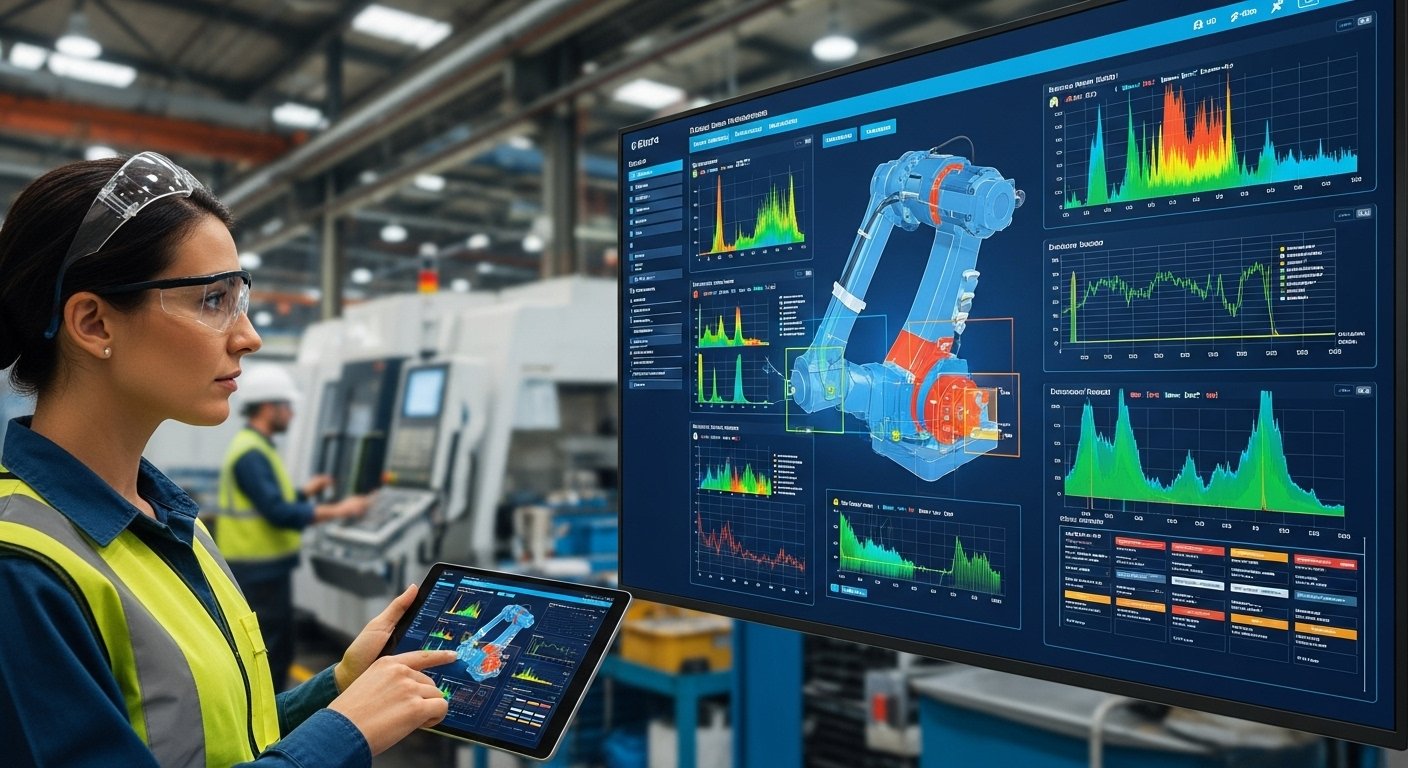Artificial intelligence (AI) is revolutionizing industries around the globe, but with this rapid growth comes the challenge of evaluating and ensuring the effectiveness of these powerful systems. How can we trust AI models to deliver accurate results? This is where AI evaluators come into play. These tools are designed to measure, analyze, and optimize the performance of AI models, ensuring they perform at their best.
In this article, we’ll explore what AI evaluators are, how they work, and why they’re essential for the future of AI development. Whether you’re a data scientist, AI developer, or business owner, this guide will provide you with valuable insights into AI evaluation tools and their importance in ensuring optimal performance.
What Is an AI Evaluator?
An AI evaluator is a tool or system that assesses the performance of artificial intelligence models. The purpose of an AI evaluator is to provide feedback on how well the AI model is functioning, whether it’s meeting predefined goals, and where improvements are necessary. These evaluators use various metrics and benchmarks to test AI systems, focusing on aspects like:
-
Accuracy: How precise the AI’s predictions are.
-
Efficiency: How quickly the AI can process data and deliver results.
-
Fairness: Ensuring the AI operates without bias.
-
Robustness: How well the AI adapts to unexpected scenarios.
-
Scalability: The ability to maintain performance as data grows.
Why AI Evaluators Are Crucial for AI Development
AI evaluators are essential for the following reasons:
-
Ensuring Quality and Reliability: AI models are often deployed in critical applications such as healthcare, finance, and autonomous driving. An AI evaluator ensures that the model operates as expected in real-world conditions.
-
Optimizing AI Performance: Continuous evaluation allows developers to tweak models and improve performance, ensuring AI systems are not only accurate but also efficient and reliable.
-
Reducing Bias: Evaluators can test for biases in AI models, ensuring that the AI operates fairly and equitably across different demographic groups.
-
Cost-Efficiency: Evaluating AI models early helps reduce the risk of deploying flawed models, which can be costly and damaging to a business or reputation.
Key Features and Tools of AI Evaluators
Here are some of the most popular AI evaluation tools and their key features:
| Tool | Key Features | Best For |
|---|---|---|
| Scale AI | Automated testing, data labeling, and performance tracking. | Large-scale AI projects |
| Evidently AI | Open-source platform for LLM evaluation, model transparency. | Research and model improvement |
| Galileo AI | Evaluation and monitoring of generative AI systems. | AI safety and generative models |
| EvalAI | Collaboration on AI challenges, scalability benchmarks. | AI competitions and collaborative research |
| seeBias | Fairness evaluation, customizable visualizations. | High-stakes applications (e.g., healthcare, criminal justice) |
These tools vary in their focus, from measuring the fairness of AI systems to evaluating their overall effectiveness and scalability. Depending on your AI model’s needs, you may want to choose an evaluator that specializes in your area of interest.
Tips for Choosing the Right AI Evaluator for Your Project
When selecting an AI evaluator, consider the following:
-
Identify the Evaluation Goals: What do you need to measure? Whether it’s accuracy, fairness, or speed, your evaluator should align with your project’s primary objectives.
-
Scalability: Ensure that the tool can handle the volume of data your AI model processes.
-
Flexibility and Customization: Look for evaluators that allow you to define specific benchmarks or test cases tailored to your needs.
-
Integration with Other Tools: A good AI evaluator should easily integrate with other AI tools and frameworks you’re using.
-
Budget and Resources: Some AI evaluators, especially open-source ones, are free, while others may come with a cost. Choose one that fits your budget and resource availability.
Real-World Example: AI Evaluators in Action
Let’s consider a healthcare AI company that uses machine learning to predict patient diagnoses. The model is evaluated using Evidently AI, which provides real-time monitoring and transparency into the model’s performance. The evaluation process ensures that the AI system not only provides accurate predictions but also remains fair and unbiased across different demographic groups.
By using the evaluator, the company is able to adjust the model to reduce any identified biases, leading to better patient outcomes and compliance with healthcare regulations. This is just one example of how AI evaluators can make a significant difference in practical applications.
Conclusion: The Future of AI Evaluation
AI evaluators are not just tools; they are integral to ensuring the ethical, reliable, and efficient use of artificial intelligence in our world. As AI continues to evolve, the role of evaluators will become even more critical in ensuring these technologies deliver their maximum potential.
Call to Action: Ready to optimize your AI models? Explore the tools mentioned in this guide and start evaluating your AI systems today. Make sure your models are performing at their peak—because the future of AI depends on it.








Leave a Reply